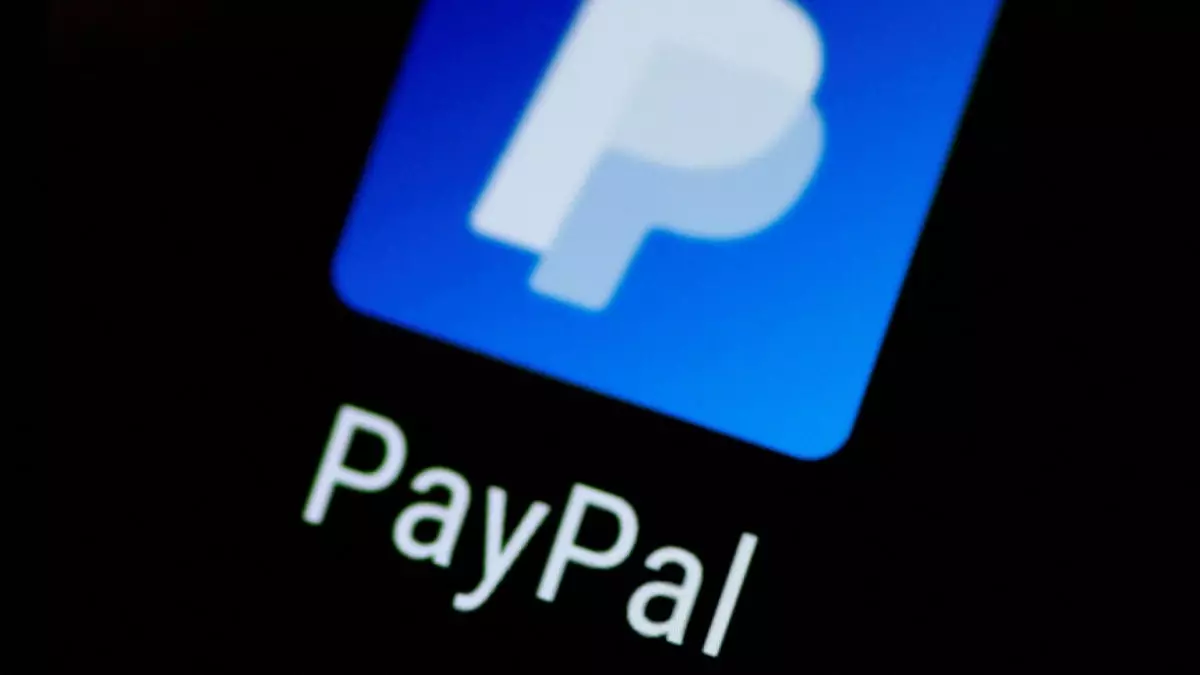In a groundbreaking move, PayPal, the esteemed payments giant, has announced the launch of its very own US dollar stablecoin. This momentous step has solidified PayPal as the first major financial technology firm to fully embrace digital currencies for payments and transfers. While stablecoins have existed for several years, they have struggled to gain traction in the mainstream consumer payments ecosystem. However, PayPal’s foray into this realm showcases a display of confidence in an industry that has faced regulatory challenges and experienced high-profile collapses.
Historically, attempts by prominent mainstream companies to introduce stablecoins have been met with strong opposition from financial regulators and policymakers. For instance, Facebook’s 2019 plans to launch the stablecoin Libra, now known as Diem, faced significant scrutiny from regulators who raised concerns about potential disruptions to global financial stability. In response to these concerns, several major economies, including the European Union and Britain, have implemented regulations to govern stablecoins. These policies are set to take effect in the near future, with the EU’s regulations scheduled for implementation by June 2024. Additionally, the US House Financial Services Committee recently advanced a bill aimed at establishing a federal regulatory framework for stablecoins, focusing on registration and approval processes for stablecoin issuers.
PayPal’s stablecoin, aptly named PayPal USD, is backed by US dollar deposits and short-term US Treasuries. This backing ensures the stability of the token’s value, protecting it from the wild volatility typically associated with cryptocurrencies. Paxos Trust, an industry-leading provider of blockchain infrastructure, will oversee the issuance of PayPal USD. Initially, the stablecoin will be made available to PayPal customers residing in the United States. This strategic move by PayPal has generated considerable excitement, leading to a 2.5 percent surge in the company’s shares during afternoon trading.
While PayPal’s venture into stablecoins is groundbreaking, some industry analysts opine that it comes as no surprise. The company has previously dabbled in the realm of cryptocurrencies, making this move a natural progression. Argus Research Corp analyst Stephen Biggar acknowledges the significance of PayPal’s brand name in this context. However, he perceives the stablecoin launch itself as an expected development, given PayPal’s previous involvement in the crypto space. This sentiment underlines the increasing acceptance and normalization of digital currencies within mainstream finance.
Industry Expansion: Visa Joins the Fray
It is worth mentioning that PayPal is not alone in its pursuit of integrating digital currencies into the realm of payments and settlements. In 2021, Visa, a global leader in payment technology, announced that it would allow the use of cryptocurrency to settle transactions on its payment network. This move further reinforces the growing trend of major financial players embracing digital currencies and their potential as a viable alternative to traditional fiat currencies.
The launch of PayPal’s USD stablecoin marks a significant milestone in the evolution of digital currencies. With the backing of a trusted and established financial institution, stablecoins are poised to gain credibility and acceptance in the mainstream market. These developments herald a new era in which digital currencies become an integral part of everyday transactions, facilitating seamless global payments and transfers. As more financial technology firms and industry giants explore the possibilities of stablecoins and other cryptocurrencies, the financial landscape continues to undergo a profound transformation. The future holds great promise, as innovation and acceptance propel digital currencies towards widespread adoption and integration into our lives.


Leave a Reply